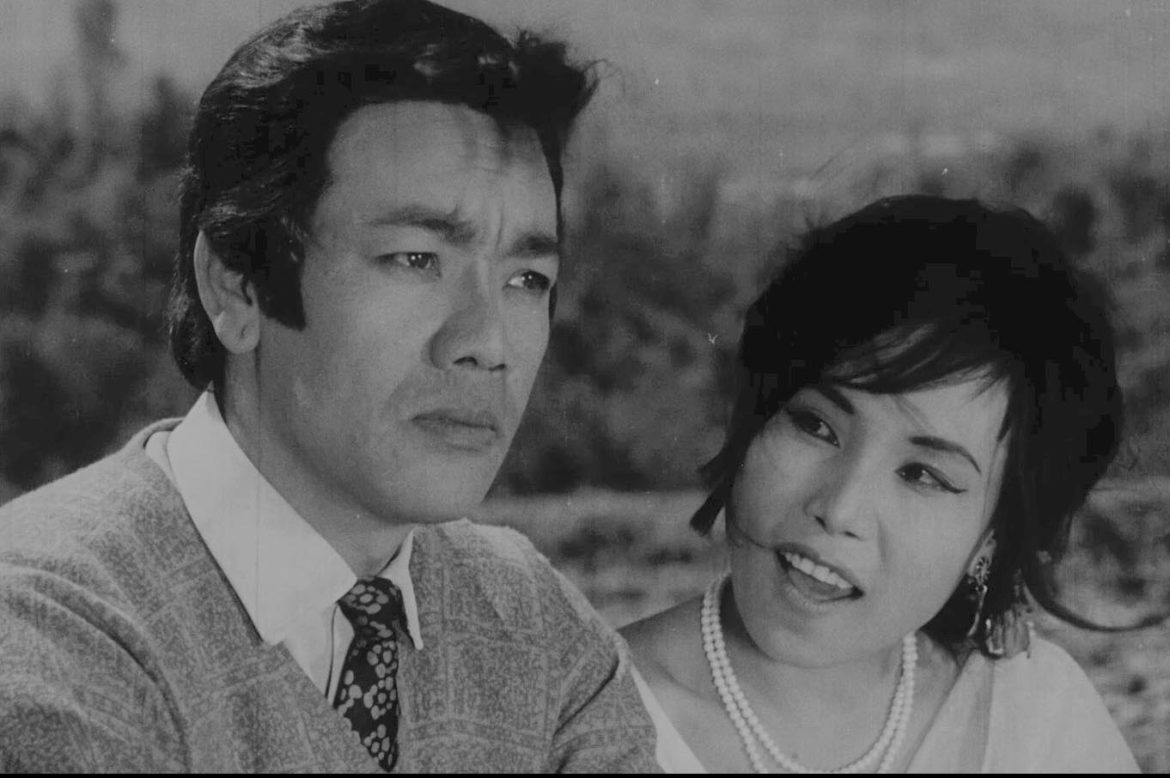Today, streaming platforms like Netflix and Amazon Prime have democratized film distribution, exposing audiences to a rich tapestry of global storytelling. South Korean cinema (Parasite, 2019) and Turkish dramas (Winter Sleep, 2014) earned critical acclaim for their incisive social commentary and universal resonance. These films challenge Hollywood’s dominance and demonstrate the power of local storytelling to spark global conversations.
Advertisement
However, cinema’s reflective power isn’t passive. Filmmakers do not merely record societal change—they can also provoke it. Documentaries like An Inconvenient Truth (2006) galvanized environmental movements; The Act of Killing (2012) prompted discussions on historical accountability in Indonesia; and 13th (2016) reignited debate on systemic racism in the U.S.
In sum, cinema remains an essential cultural medium—capable of reflecting societal values, critiquing power structures, and inspiring transformative dialogue. Its enduring influence lies not just in entertainment, but also in its capacity to shape and record the evolving fabric of society.

